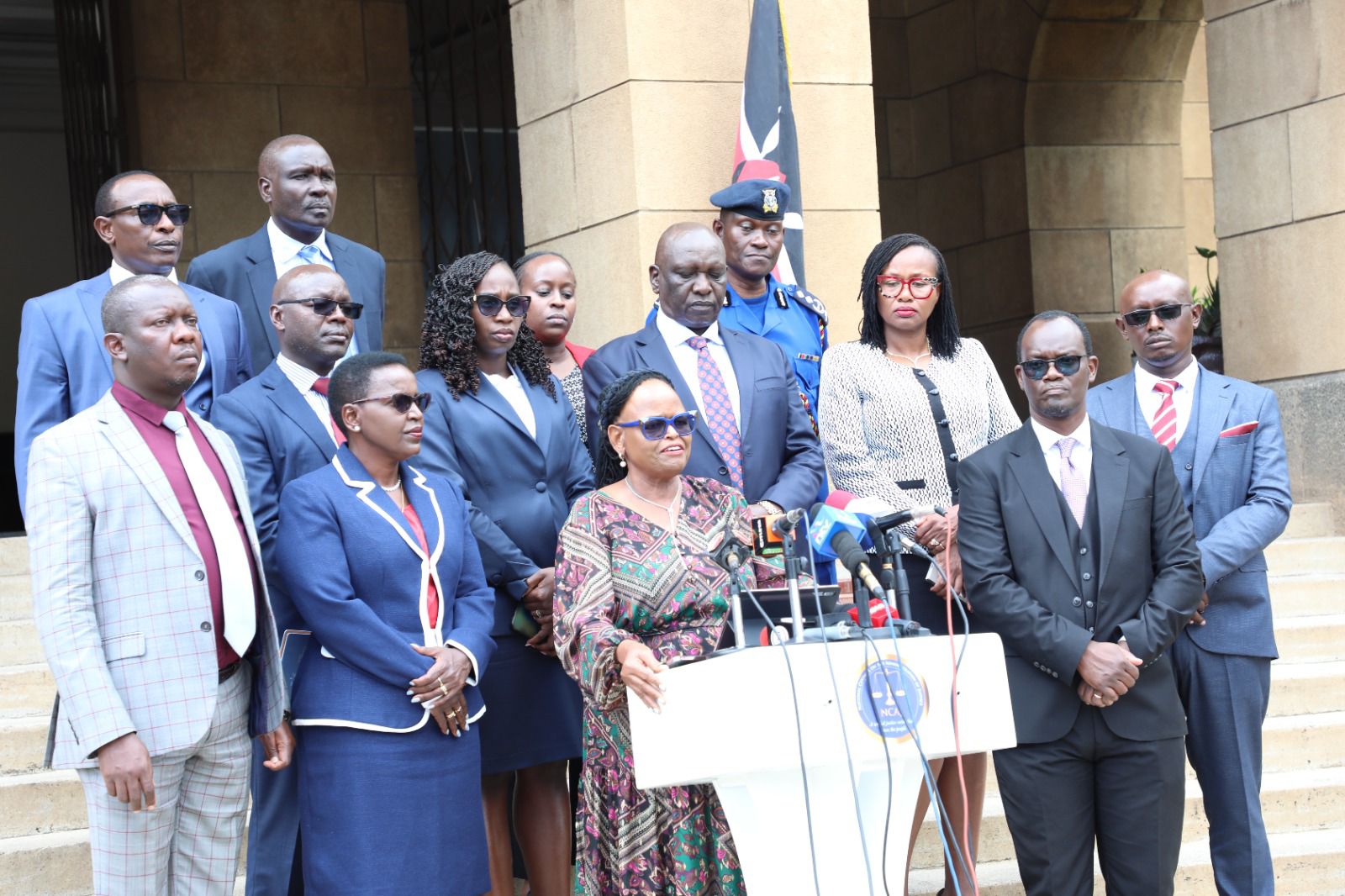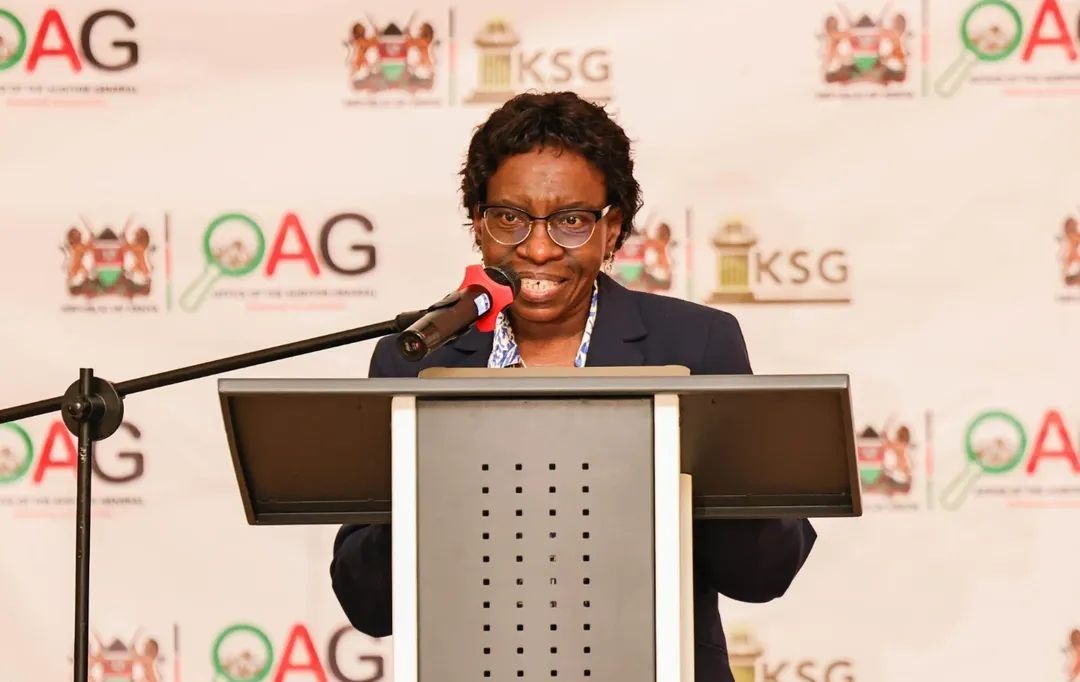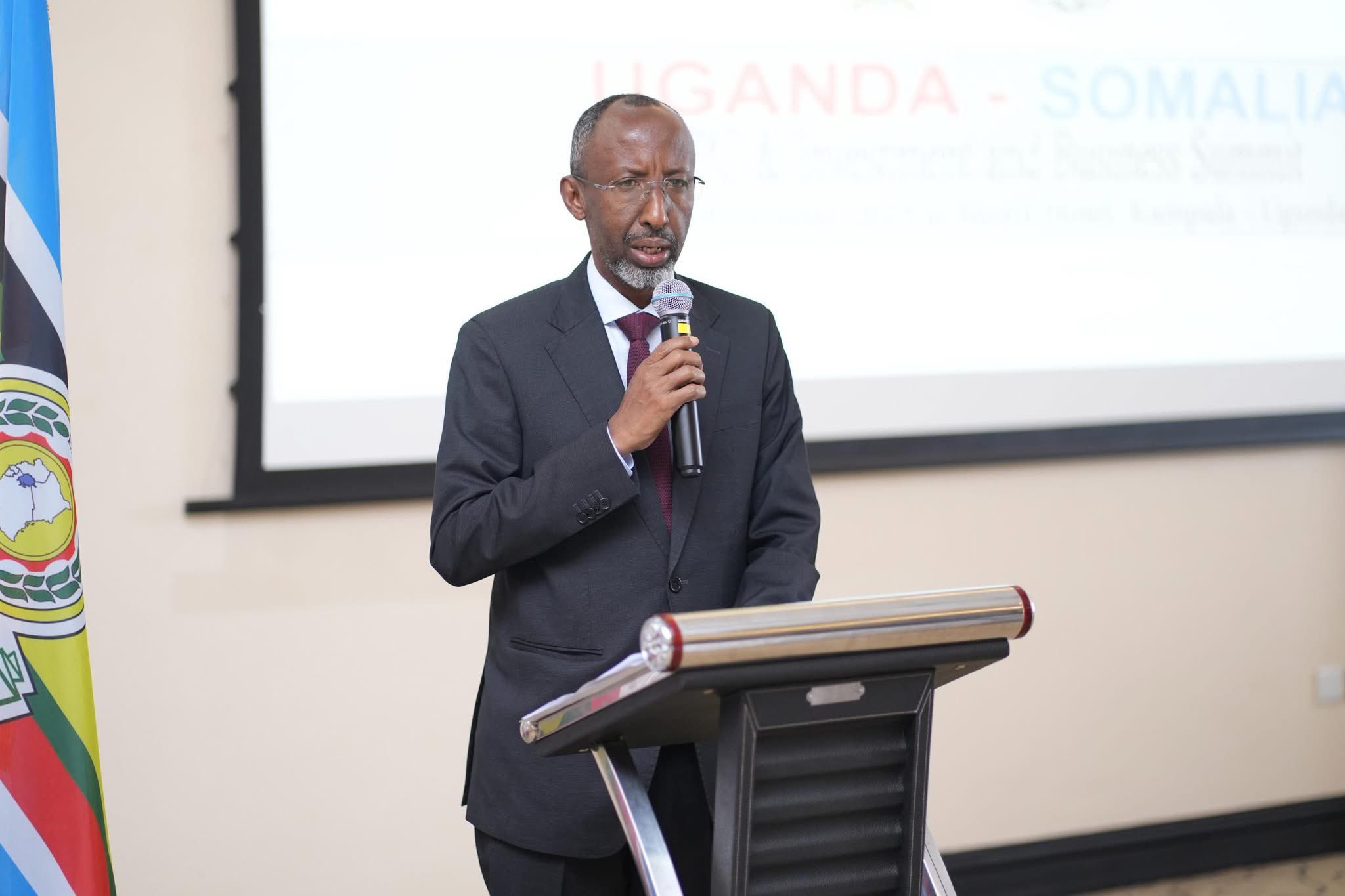CS Duale urges UNHCR to address deforestation in Kenya's refugee camps
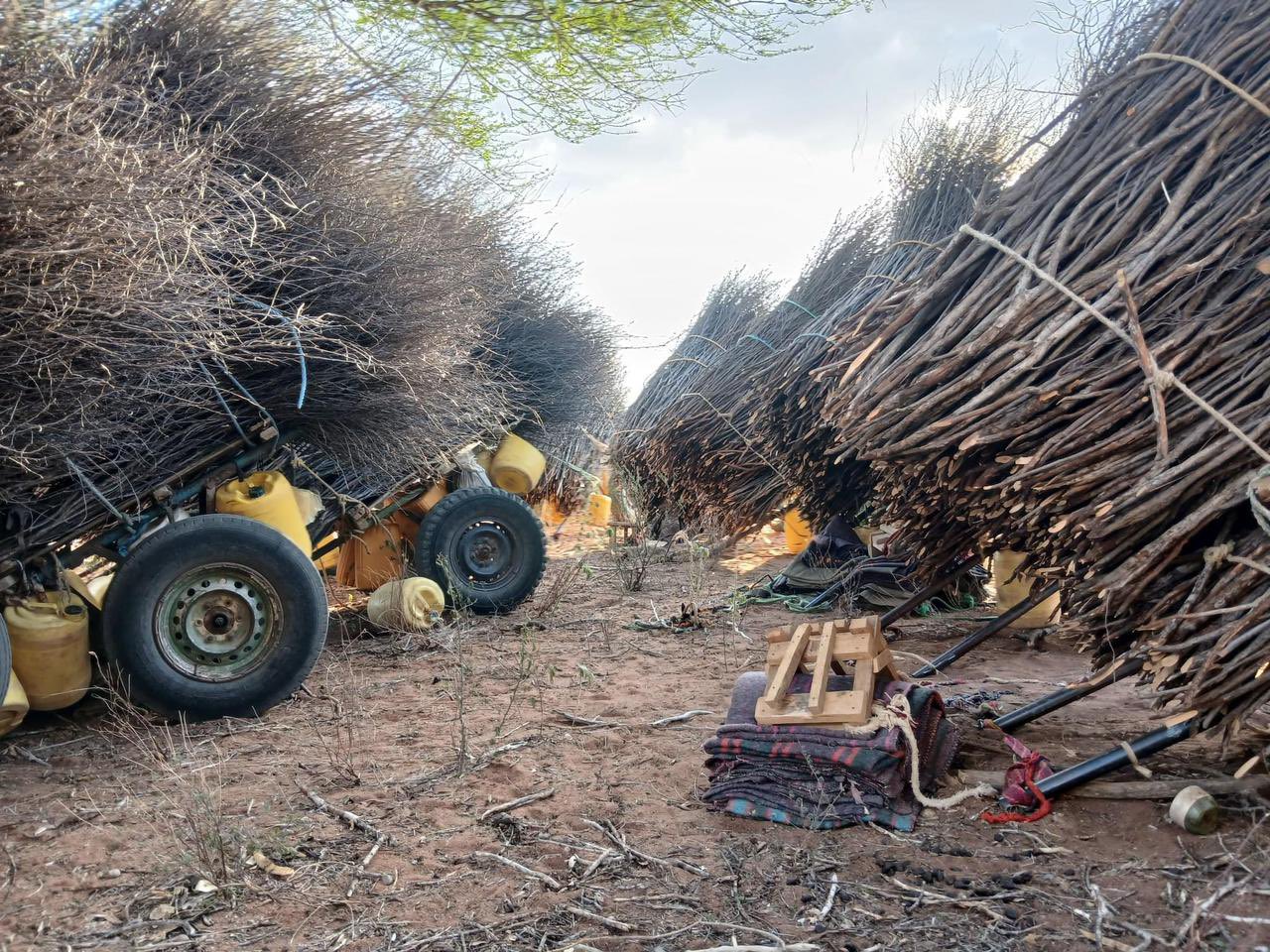
This practice according to the CS, concentrated around refugee camps, has persisted for many years, threatening the already fragile ecosystem in Kenya's arid and semi-arid lands (ASAL).
Environment Cabinet Secretary Aden Duale has raised alarm over the extensive deforestation in Garissa and Wajir counties, caused by the large-scale cutting down of trees for wood fuel.
This practice according to the CS, concentrated around refugee camps, has persisted for many years, threatening the already fragile ecosystem in Kenya's arid and semi-arid lands (ASAL).
More To Read
- Environmental activist Truphena Muthoni: The meaning behind my 17 coloured braids
- Why are so few environmental criminals on Interpol’s ‘most wanted' list?
- Cabinet unveils new pricing framework to curb infrastructure costs
- Race against time as scientists urge immediate action on climate tipping points
- Africa’s land holds the future of climate adaptation: Why COP30 can’t overlook it
- Land is Africa’s best hope for climate adaptation: It must be the focus at COP30
Duale in a statement on Monday expressed his concern about the ongoing environmental destruction and its consequences on the local communities, who face increasing risks from the adverse effects of climate change.
"The unmitigated destruction of the fragile ASAL ecosystem predisposes residents to adverse effects of climate change," he said.
The CS pointed out that that deforestation is counterproductive to Kenya's national efforts to restore degraded landscapes.
The government's goal is to plant 15 billion trees by 2032, an initiative to mitigate climate change and revitalise Kenya's environment.
"The destruction goes against our efforts to restore Kenya's degraded landscapes by growing 15 billion trees by the year 2032," Duale stated.
As a result, the CS called upon the United Nations High Commissioner for Refugees (UNHCR) to urgently intervene by providing alternative sources of fuel energy for both refugees and the host communities.
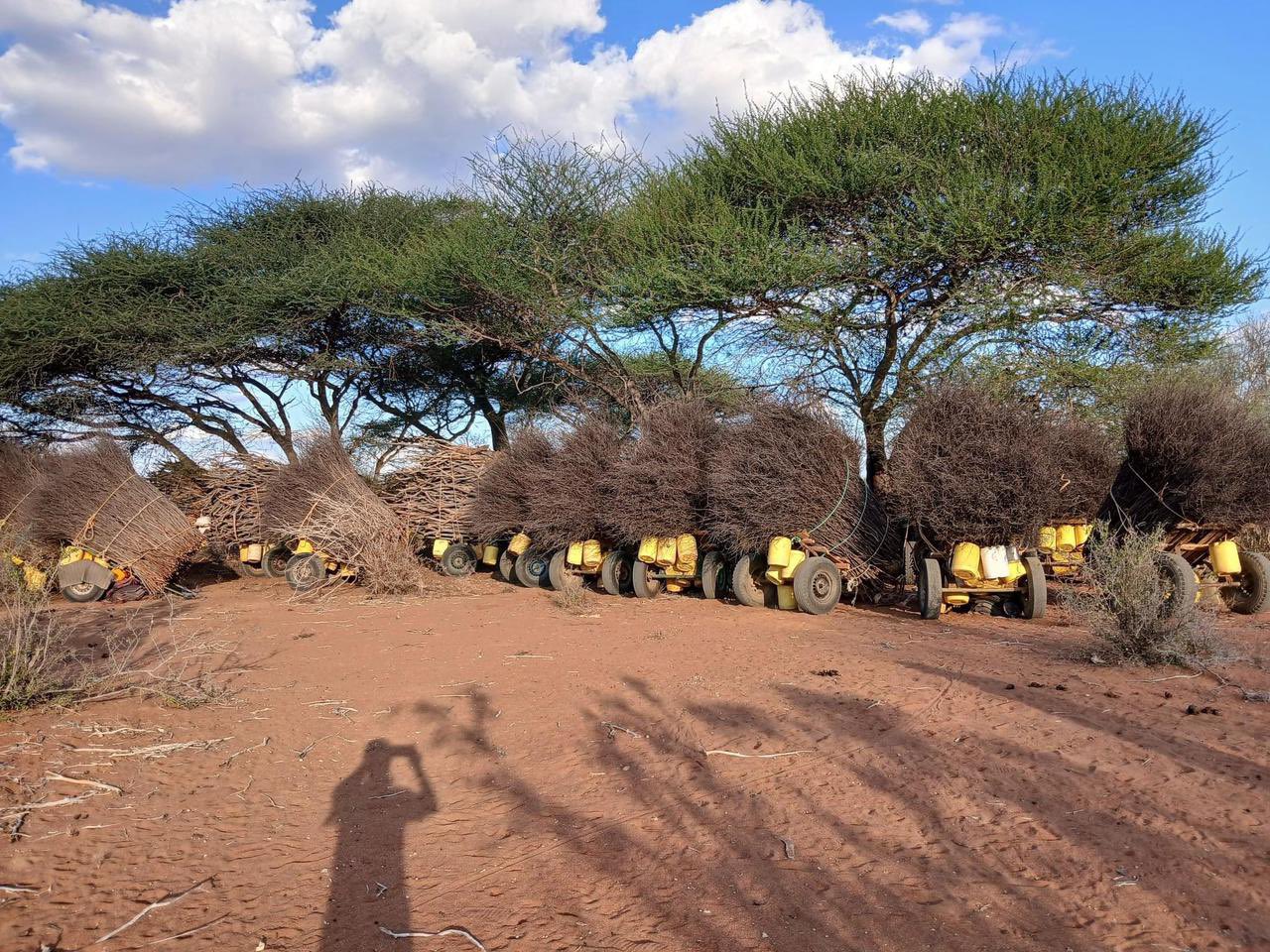 A photo of trees cut down from Wajir and Garissa counties on September 30, 2024. (Ministry of Environment)
A photo of trees cut down from Wajir and Garissa counties on September 30, 2024. (Ministry of Environment)
Halt destruction of local forests
By doing so, Duale said it would be a crucial step to halt the destruction of local forests and preserve the environment.
"As the agency with the global mandate to manage refugee affairs, UNHCR must urgently provide alternative sources of fuel energy to refugees and host communities to halt the ongoing destruction," he stated.
Over the weekend, leaders and residents of Wajr County raised concerns over environmental degradation through cutting of trees for firewood and poaching.
The residents who have blamed the refugees for the massive destruction of the environment, called on the national government to intervene before the situation worsens.
Wajir North Member of Parliament Mohammed Adow called on UNHCR and other organizations supporting refugees to provide alternative sources of fuel for the refugees to avoid conflicts and save their trees and wildlife.
Residents also asked the Ministry of Environment to conduct a crackdown in the area and take from action against those destroying their environment.
Garissa County has remained the largest refugee-hosting county in the Country with 360,000 refugees spread in the Hagadera, Ifo and Dagahaley camps.
In September 2023, Leaders in Garissa County raised concerns over environmental degradation through the cutting down of trees for firewood and charcoal by refugees in several refugee camps in Dadaab Sub-County.
Led by Garissa governor Nathif Jama and Dadaab MP Farah Maalim, the leaders called on the Kenya Forest Service Officers to protect their forests even as the county government puts efforts to plant more trees in a bid to increase tree cover.
The leaders asked the government and the United Nations High Commissioner for Refugees (UNHCR) to provide alternative sources of fuel for the refugees to tame the cutting down of trees.
Top Stories Today

